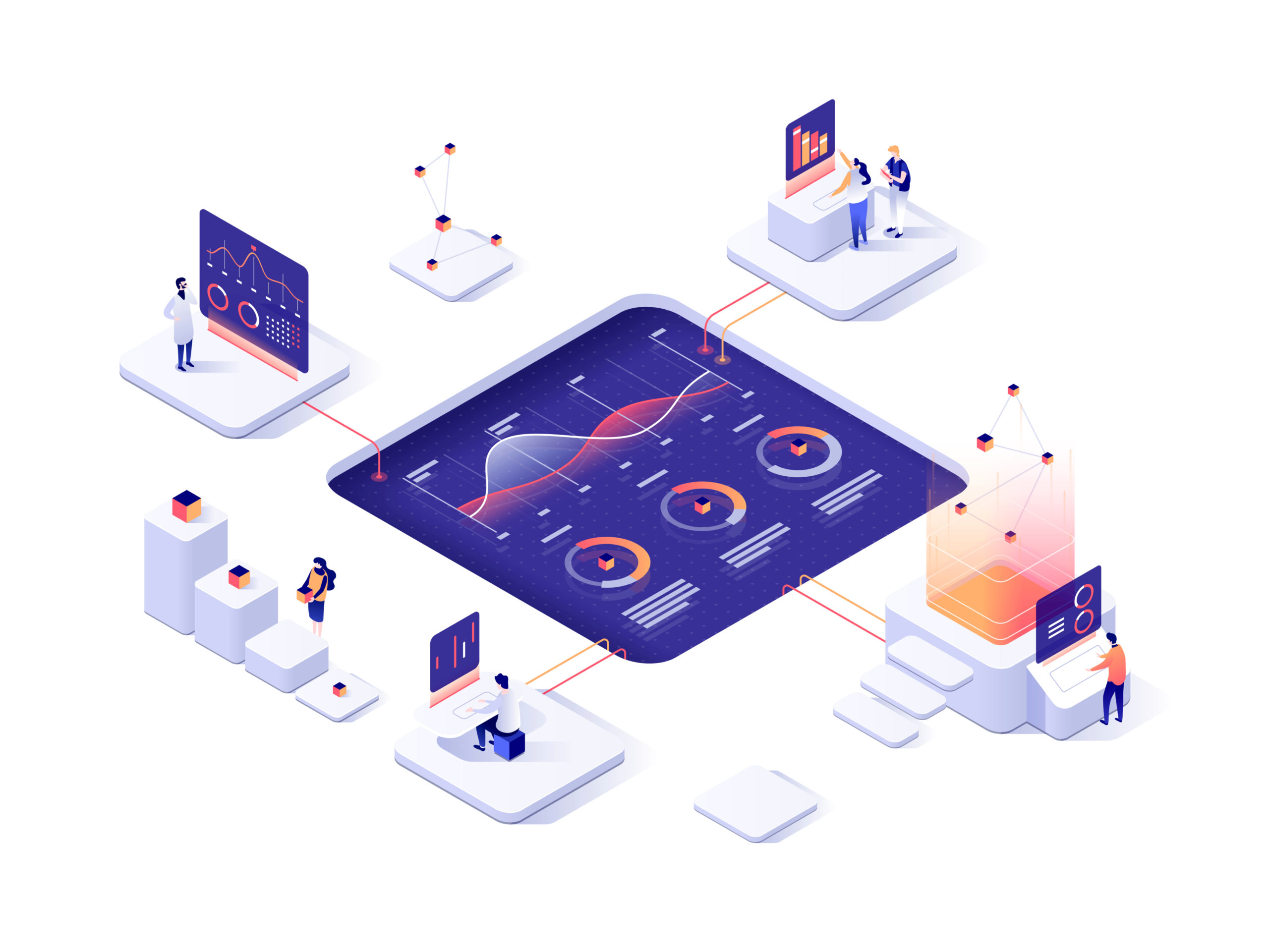Data is generated in abundance in today’s digital world. Around 2.5 quintillion bytes of data are generated every day. And 90% of the currently available data was generated just over the last two years. But this raw data is of no use. And thanks to technologies such as big data that organizations can now make sense of data.
Today, big data is changing the nature of virtually every industry, and recruitment and the job market are no exception. Big data has had a significant impact on the way candidates look for jobs and how employers make hiring decisions. Here are some of how big data is changing the job market.
Future of Big Data in Job Market
1. Transparency
For job applicants, big data is beneficial when it comes to company transparency. Big data gives candidates unprecedented transparency into the inner workings of a company, allowing them to gauge whether they would fit in. As such, big data limits a candidate from choosing a job that isn’t right for them.
2. Resume Building
Only 2% of applicants qualify for an interview. This means that a candidate has to grab a recruiter’s attention as quickly as possible. To do so, a candidate needs to know what an employer is looking for and tailor their resume to those requirements. Here’s where big data comes in handy. Candidates can use big data to learn about company culture and improve their search based on their findings. Scouring employment databases and job sites that have large data sets can help candidates compile a resume that is likely to stand out. Big data also helps candidates in finding major selling points for their target companies. This can, in turn, be used in their resume.
3. Predictive Hiring
From a company’s standpoint, big data allows for predictive hiring and candidate matching. Organizations can use data management and data governance to set and evaluate hiring goals. Using a combination of these in the recruiting process, businesses can mitigate the risk of poor hiring practices. Today, many analytics tools exist to measure candidates on various factors, like personality traits and cognitive capabilities. These are ranked in accordance with key performance indicators that a company deems essential for success. By using the insights gleaned from big data, recruiters are more likely to realize better matches between company and candidate. In turn, the hiring process becomes more streamlined.
4. Efficiency in Numbers
In today’s world, competition is at an all-time high, and employers need to go through thousands of applications to find the right candidate. Using data is one of the best ways to screen applicants promptly. Machine matching speeds up the process for both candidates and companies, as machines can process large amounts of data and make sound recommendations in a fraction of the time it would take humans. Thus, big data allows organizations to accommodate a larger candidate pool and not miss on high-potential candidates due to a lack of human oversight.
Subsequently, employers have more time to scope out applicants and are not limited by location, giving them access to a borderless applicant pool. This is especially important for companies that engage in offshore outsourcing — a strategy that has been proven to save money, widen the talent pool, and increase diversity.
Big Data in Job Market – What’s Ahead?
These are just a few of the ways data is impacting the job market. Ultimately, big data is key to making talent acquisition and retention more efficient. In time, as data extraction becomes more advanced, big data is sure to play an even more central role in both the job searching and hiring processes.
To optimally leverage big data, job boards and recruiters first require an abundance of job data. Suppose a recruiter has all the information about creating an attractive job ad for a specific role, but there are no job posts available for that role, then it won’t be of any use. Hence, they should first ensure that they accumulate all the available job vacancies. Fetching all the latest job openings from millions of websites over the internet can be hectic for job boards and recruiters. And that’s where job scraping services can be helpful for them.
Job scraping services can crawl all the employers’ websites every day to fetch the latest openings. They can also gather data such as detailed job descriptions that can be used as input in big data analytics. By analyzing such big data, job boards and recruiters can source suitable candidates. And that’s not just it; premium job scraping services automate the job listings on job boards, ensuring that there are no outdated job posts displayed on their websites.




